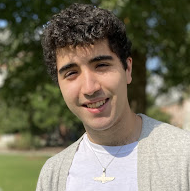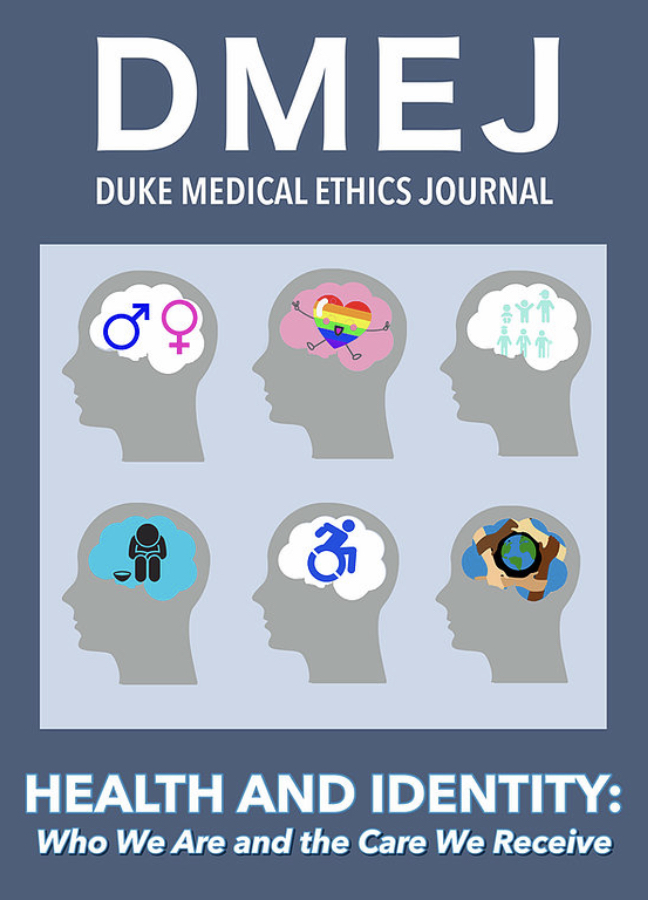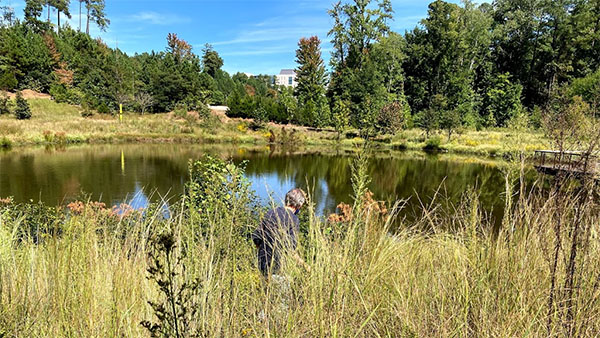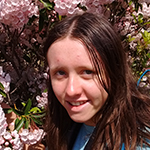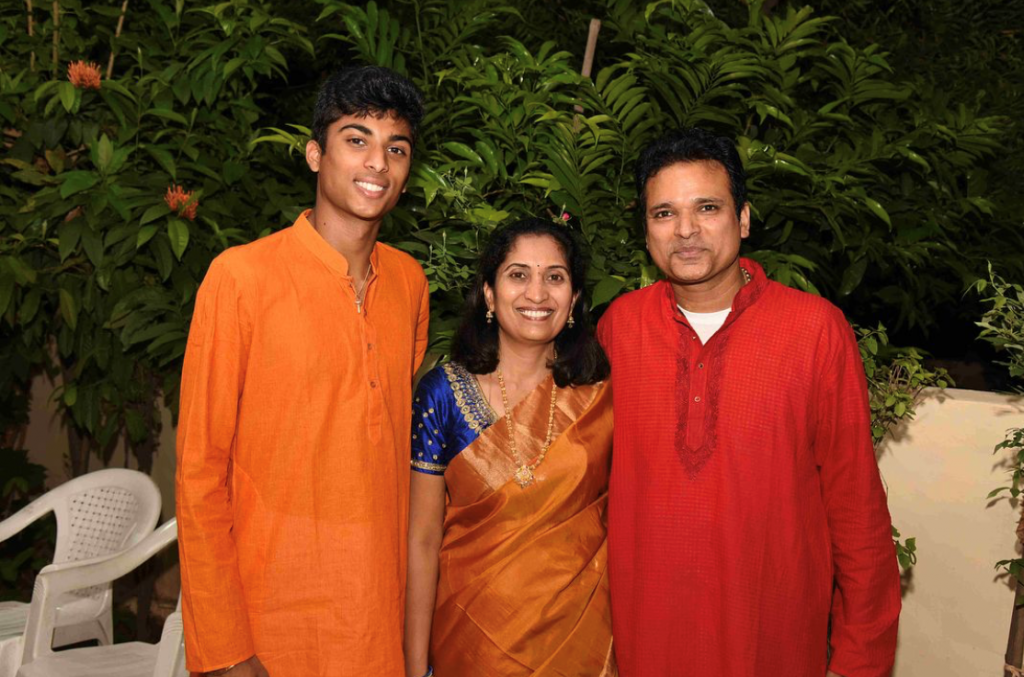
For 223 years — ever since Britain established its first Australian colony in 1788 — indigenous Australians have exercised resistance to colonial plundering and exploitation. One thing colonizers have plundered and exploited is water — water that is “cultural, spiritual; water for our people, water for our country,” according to Tati Tati Elder Brendan Kennedy.

As part of the Fall 2021 Global Environmental Justice Speaker Series — part of a student-led Environmental Justice course here at Duke — on October 6th, Dr. Bruce Lindsay, the Senior Lawyer at Environmental Justice Australia (EJA), discussed indigenous water rights in Australia.
Because the Australian constitution is “silent on key issues” of land and water use, throughout the 19th and 20th centuries, water use was regulated according to English riparian rights in conjunction with English common law. Under this colonial law, whoever owned the land on which water flowed had the right to that water.
Dr. Lindsay argued that Australian law was designed according to the “gross fantasy of the empty continent.” Upon the premise that Aboriginals simply did not exist, colonizers proceeded accordingly — buying and selling land that was already occupied and under aboriginal custodianship. Because Aboriginals didn’t own land in a way recognized by the law, they were “marginalized and excluded” from decisions about water infrastructure and allocation “while degradation [went] on around them.”
Dr. Lindsay and the EJA work primarily with aboriginal communities and organizations in the Murray Darling Basin. The Murray Darling Basin is the largest river Basin in Australia, hosting 90% of the population, 70% of irrigated land, and providing 40% of agricultural production. A precious resource amidst Australia’s hot, semi-arid climate, the Basin has been the site of major conflicts over water since the early 19th century.
The Murray Darling faces a problem called “over allocation,” which means that more entitlements for water use have been issued than can be sustained at their full value. By the 1990s and 2000s, over-extraction had led to drought and unprecedented water shortages, and the ecosystems supported by the Murray Darling Basin were “on the verge of ecological collapse.” The Australian government passed the Water Act of 2007 and the Basin Plan of 2012 to bring the Basin to a “healthier level” and “ensure that the Basin is managed in the national interest” as they saw fit.
To highlight the tension between the Australian legal view and the Aboriginal view, Dr. Lindsay read the Aboriginal anthropologist Deborah Bird Rose’s definition of country. According to Australia’s indigenous people, country “gives and receives life… is lived in and lived with… is a proper noun… is a living entity with a yesterday, today and tomorrow with a consciousness, and a will toward life.” For Aboriginals, the flow of water should support this notion of cultural wellbeing and “genuine coexistence.” But according to Dr. Lindsay, Australian law (being a “pillar of the settler state”) does not currently provide for “life, ecosystem health, and spirit except for where it intersects with the utilitarian purpose.” Thus, Dr. Lindsay believes that the law needs a massive upheaval in order to be reconciled with the indigenous vision.
The EJA is currently working with Aboriginal communities on one such upheaval: the “cultural flows” concept of water management. Cultural flows necessitates reallocation and redistribution of water rights by the Australian government in order to increase Aboriginal control and authority over water. To restore life to country, reverse environmental catastrophe, and revitalize their economic health and culture, Aboriginals hold that there must be a change from the current model where water is understood as something to be continually exploited. Such a change is not without historical precedent: in New Zealand in 2017, the government granted the Whanganui River legal status as a living entity, so that New Zealand law now views harming the Whanganui tribe and harming the river as equivalent.
Ultimately, the EJA hopes to implement the cultural flows framework across the Basin. They’re starting by working with the Tati Tati First Nations community to implement cultural flows in the Margooya Lagoon. Because this requires the Victorian government to deliver the rights to manage water there, the EJA must work with both Australian law and the Aboriginal view. Dr. Lindsay claimed that they don’t have to be mutually exclusive. The EJA seeks to find the intersection where water as a public good to be managed in the public interest can also be water managed for the good of country and the health of the community. Thus, the EJA aims to advocate for policy that enables that mutually beneficial outcome.
Dr. Lindsay ended by recalling his earlier point of reconciling Australian law with indigenous vision. He stated that a “broader set of changes” need to occur in order to really bring justice to Aboriginal communities. Although the Australian High Court’s passing of the Native Title Act of 1993 ostensibly ended riparian rights by recognizing “native title” (the aboriginal traditional ownership of land “according to their own laws and customs”), native title is a “limited device” as far as water rights. Indigenous Australians have native title rights over 30% of the Australian continent, but own only 0.01% of water entitlements. Because state governments have a large role in reallocation, cultural flows projects would have to proceed on a case-by-case basis.
What Dr. Lindsay really hopes to see is a legal mechanism other than native title that will grant legitimacy to aboriginal traditional ownership. He recalled the Uluru Statement from the Heart. It states:
“[Our] sovereignty… has never been ceded or extinguished. How could it be otherwise? That peoples possessed a land for sixty millennia and this sacred link disappears from world history in merely the last two hundred years?”
Uluru Statement from the heart
How could it be? Sadly, the fact that only 0.01% of water entitlements are owned by indigenous Australians indicates that the sacred link of traditional ownership has disappeared — at least in the legal sense. So this is the ultimate goal of Dr. Lindsay and the EJA’s work with indigenous communities: to restore this sacred link.

Post by Zella Hanson







